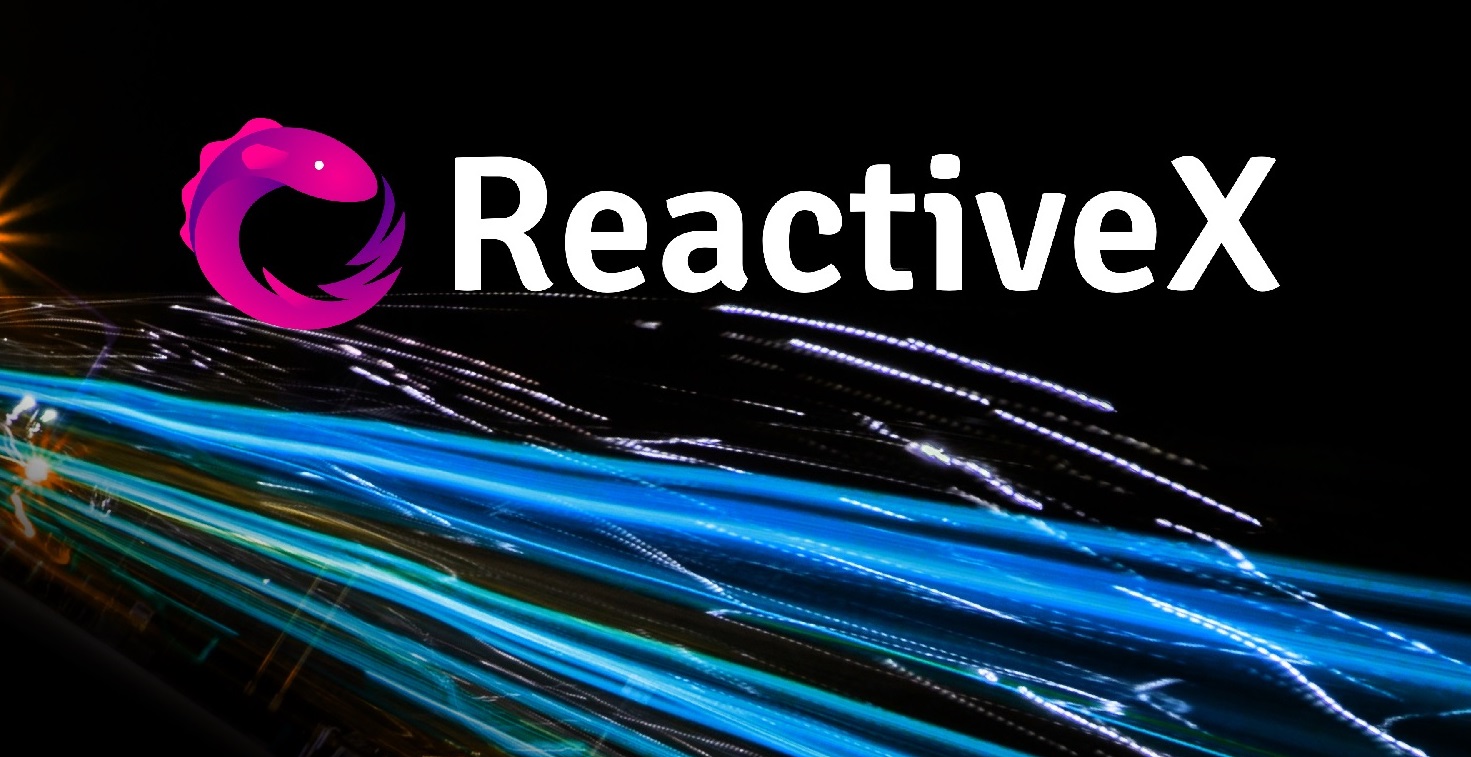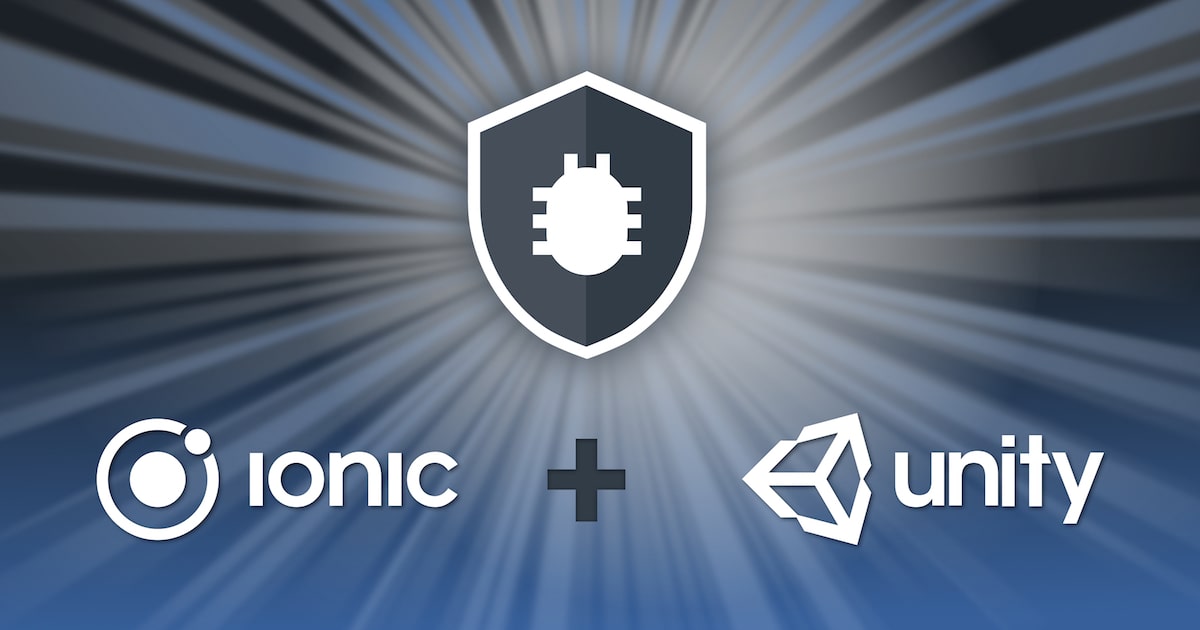
3 Minutes
New and Improved Support: Ionic & Unity
Fix Bugs Faster! Log Collection Made Easy
At Bugfender, we strive to keep improving. The number of smartphone users is rising all the time, as is the number of smartphone models. So the challenge of fixing bugs is getting increasingly difficult.
So it’s with great pride that we announce new and improved support for both Ionic and Unity. We’ve already introduced support for React Native, and this is just the latest stage in our mission to accommodate every single developer, no matter what platform or framework they’re working on.
The Unity link-up has sparked particular excitement among the gamers in our team. Unity is used to create half the world’s games, and has been responsible for some of the most iconic releases of recent years including Assassin’s Creed, Temple Run and Battlestar Galactica. It allows developers to build in real-time and works on more than 30 platforms – including, of course, iOS and Android.
Bugfender works with Unity games on both iOS and Android, enabling game developers to react to bugs instantly. In the hyper-competitive world of gaming, a few seconds of downtime can make all the difference between viral success and abject failure.
Unity developers who are reading this blog and want to find out more can find our simple set-up instructions here.
Ionic, meanwhile, provides a platform for building cross-platform apps for any device, with a single codebase. The platform is known for its user-friendliness, and it’s responsible for some of the world’s most popular apps, including Nasa, Amtrak and Nationwide.
By incorporating Ionic, Bugfender has reached out to web developers for the first time. Although it’s still not quite ready for use on native web apps (we’ll be completing that stage soon), it can now be used to construct iOS and Android apps using web technologies.
Ionic developers using Bugfender will be able to track every single log their app records, using our web-based control panel, and drill down into their userbase to identify specific devices and find out what’s going on under the hood. Bugfender enables developers to understand their users and improve their customer services, while getting a complete overview of any bugs and issues that crop up.
For more information, you can check out both our dedicated support page and GitHub entry, dedicated to helping Ionic developers work with us.
We’re committed to continuous improvement, so we’d love to receive your feedback or suggestions. If you’re an existing user and want to write a testimonial about your experience, you can do so by clicking here – we’d love to read it!
Expect The Unexpected!
Debug Faster With Bugfender



